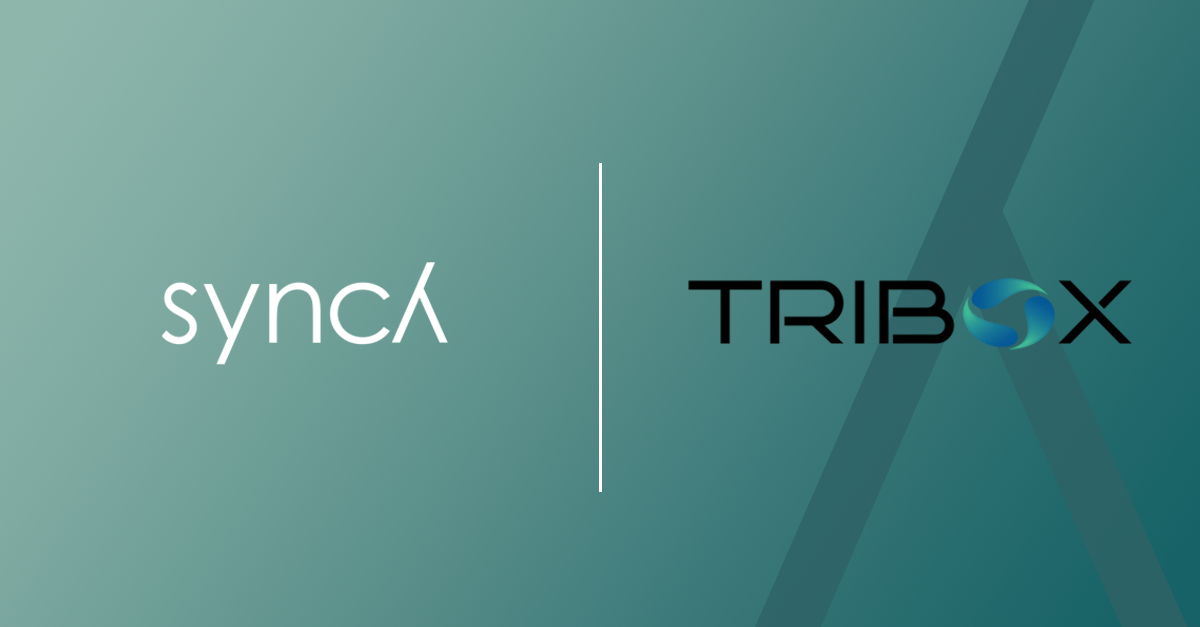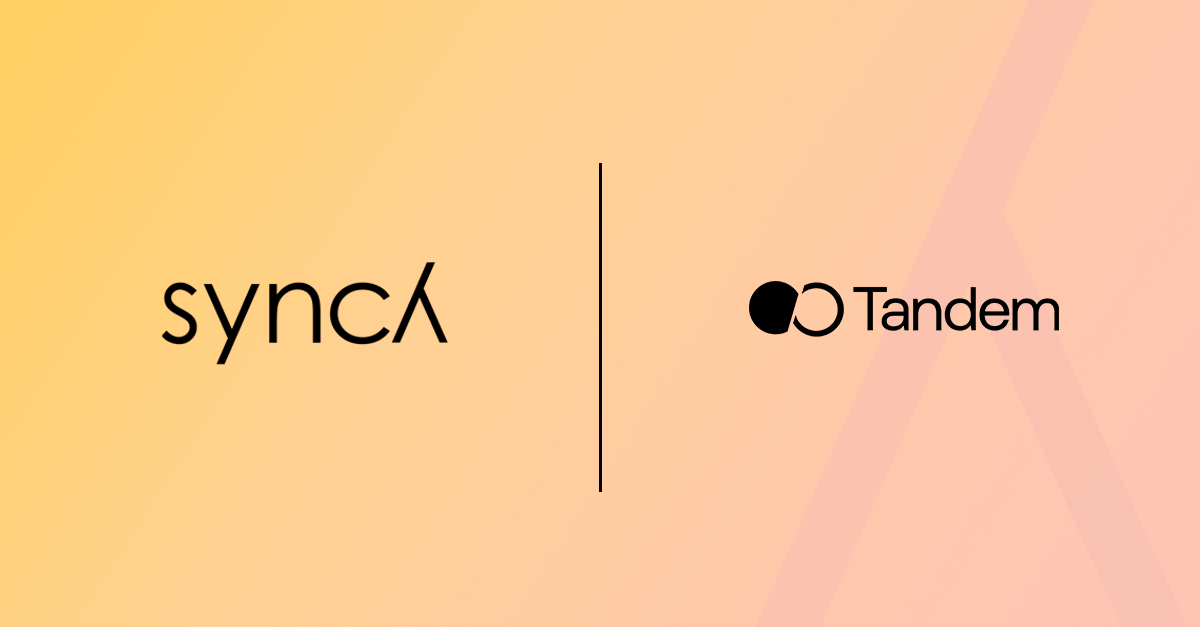Expanding to the US market is a major milestone for many Nordic startups. Right now, we see a strong trend among early-stage founders considering a so-called “US Flip”; a corporate restructuring that attracts US investors and positions your company for success in the American ecosystem.
Before you make the leap, it’s crucial to understand the legal, tax, and operational implications of the Flip and, more importantly, whether that direction aligns with your long-term vision and strategy.
What is a US Flip?
A US Flip is a corporate restructuring where a (for example) Swedish startup effectively “flips” its ownership into a newly formed US entity, typically a Delaware C-Corp.
The process involves creating a US company at the top of the existing corporate structure and transferring ownership of the Swedish company into this new entity. In practice, the founders and shareholders of the original company exchange their shares for shares in the new US parent company.
As a result, the US entity becomes the new holding company, owning 100% of the Swedish operating company, which continues to run its business as before.
Why startups consider it
The Flip is not merely a legal formality. It reshapes the ownership and governance structure and allows the startup to:
• Facilitate investment from US venture capital funds that prefer investing in C-Corps.
• Implement US-style equity incentive plans for employees.
• Gain market presence and credibility with partners and customers overseas, positioning the company strategically for US expansion.
Key Legal, Tax, and Operational Considerations
Legal
The Flip process is relatively standardized from a documentation standpoint, but there are important details to get right. The steps typically include:
• Forming the Delaware corporation and filing a Certificate of Incorporation.
• Preparing corporate documents such as bylaws, board and shareholder resolutions, and indemnification agreements for directors and officers.
• Entering into a share exchange or securities exchange agreement.
• Making 83(b) elections.
• Implementing a US-style shareholders’ agreement and (where needed) IP assignments.
If the Swedish company currently has convertible instruments (such as notes or SAFEs), employee incentive programs, or preference shares, these must be addressed as part of the Flip to ensure a clean and compliant structure.
Tax
A Flip can have tax implications in both Sweden and the US, and both for the company and for the individuals exchanging their shares. Tax considerations are not always the primary driver of whether to execute a Flip, but awareness and planning are key.
Timing and structure are critical to achieving the desired outcome. For example, founders may choose to hold their shares through personal holding companies (HoldCos), which can impact payroll, dividend planning, and future exit taxation. Each case must be assessed individually.
Operational
To ensure the Flip aligns with your long-term goals, it’s important to ask yourselves:
• Will there be operations or employees in the US?
• Are the founders relocating, or is the US entity primarily a holding structure?
• Has the company been accepted into Y Combinator (or similar programs)?
• How will banking, payroll, and compliance be managed post-Flip?
We always take your operational plan into account when advising on a flip transaction. This will help determine the appropriate structure and avoid unnecessary complexity and cost for you and your startup.
A few realities to keep in mind
- Investor Pressure: Sometimes investors push for a Flip even when it may not be the right strategic move. Having a trusted advisor can help you challenge assumptions and ensure the decision truly benefits the company.
- Timing Matters: Executing the Flip at the right moment is essential; not only in order to present your company as prepared and credible, but also for tax efficiency and complexity reasons.
How Synch guides clients
At Synch, we help startups understand their options, plan the timing, and execute the Flip with confidence - turning a complex process into a strategic advantage rather than a hurdle.
We work closely with trusted tax advisors and US counsel, that works closely with Y Combinator, providing a seamless and transparent package solution with a clear scope, predictable process, and competitive pricing.
Stay tuned as we share more insights on how Nordic startups navigate US expansion in our upcoming series.











